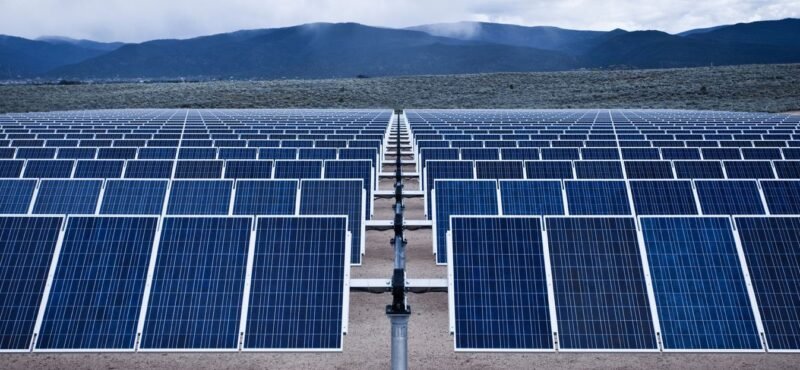In Short : Chief Minister Nitish Kumar made a massive push for the use of solar energy after introducing a program that would provide 1.67 crore homes in Bihar with 125 units of free electricity every month. As a strategic move toward sustainable development throughout the state, solar panels are already being installed in government buildings, and homes that are willing to adopt these systems will receive financial aid.

Forecasts and Market Trends
Launched through a major statewide virtual outreach, the free electricity project represents the evolution of Bihar’s power industry, which has gone from chronic shortages to nearly universal availability.
Emphasizing both climate resilience and poverty reduction, the move smoothly shifts into a renewable resources strategy.
By encouraging rooftop solar, Bihar hopes to lessen its need on centralized plants and conventional grids by adding dispersed solar generation to its inadequate energy infrastructure.
Effects on Solar Infrastructure and Clean Energy
Increasing Access to Energy: Installing solar panels in homes puts clean, decentralized power where it’s needed, particularly in rural or underserved areas.
Strengthening Sustainability: By incorporating solar panel systems into household energy use, carbon reduction is directly supported and sustainable development objectives are met.
Cost-effectiveness: This green energy initiative promotes long-term economic and environmental well-being by lowering subsidies and lowering the cost of solar systems.
The Significance of It
Policy Synergy: Free electricity combined with renewable energy incentives is a powerful combination that addresses cost and sustainability of the environment.
Bihar is serving as an example of how states can work together to manage energy fairness, decarbonization, and grassroots infrastructure.
Future-Ready Energy Planning: Bihar is increasing resilience and lessening the strain on aging systems by enabling households to produce their own solar electricity.
The bottom line
A significant step toward long-term, climate-friendly energy access has been taken with Bihar’s new solar energy plan, which comes after the universal rollout of free residential power. By combining inclusive policy with clean energy technology, this action establishes Bihar as a paradigm for sustainable development driven by renewable energy.




